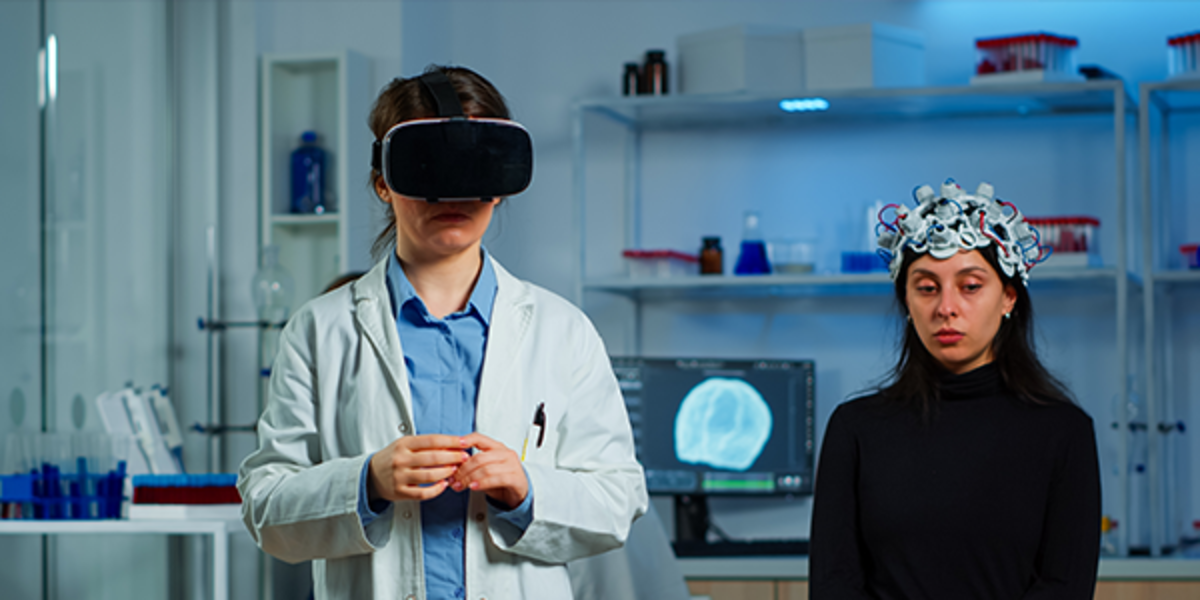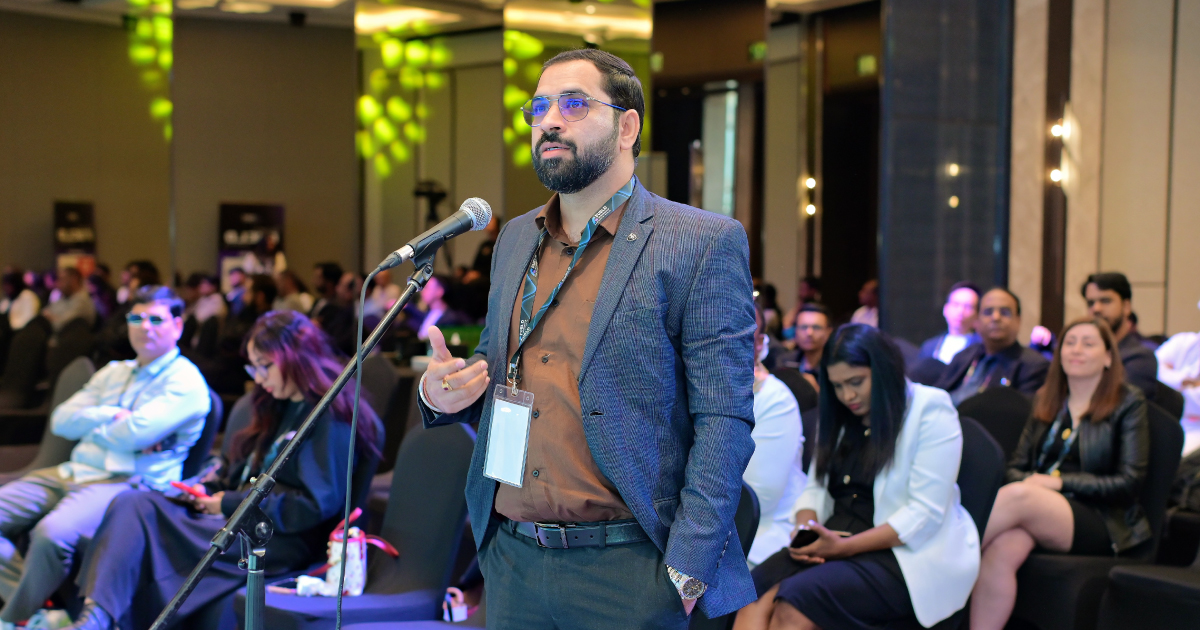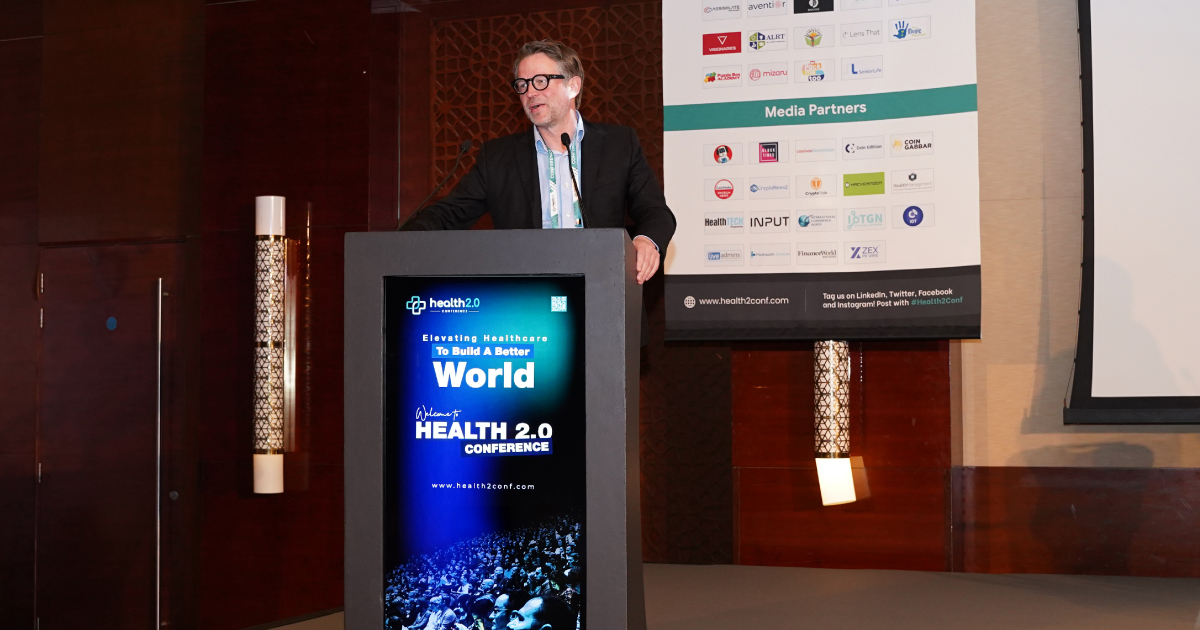Mental health is a crucial aspect of one's overall well-being. Still, many individuals struggle to access the care they need due to barriers such as stigma, lack of resources, and limited access to care. Thankfully, things are changing. With the rise of telehealth, mobile apps, and other digital tools, technology offers innovative solutions to these challenges. To witness all these telehealth programs attend healthcare conferences and events to explore how technology transforms mental healthcare.
From teletherapy to digital therapeutics, artificial intelligence to VR technology, tech-driven mental health programs are leveraging the latest advancements to create new opportunities for individuals to receive care and support. The Health 2.0 Conference is a prominent event that brings innovators, investors, and healthcare professionals together to showcase and discuss the latest developments in digital health, including mental health technology.
Join us at the upcoming health conference to explore some of the most promising tech-driven mental health programs and their potential to improve mental health care. With the latest advancements in technology, there are now a plethora of options available for individuals seeking mental health support and treatment. Let's take a closer look at some of the cutting-edge technologies currently being used in mental health to enhance the quality of care provided to those in need. Some of the latest technologies being used for mental health include:
#Teletherapy
Teletherapy, or online or virtual therapy, is a form of mental health counseling conducted remotely through video conferencing or other digital communication methods.When traditional in-person counseling is not an option or is not practical, teletherapy is growingly a common choice for mental health care, and has been pointed out at healthcare conferences of 2023.
Teletherapy can be used to treat a variety of mental health concerns, including anxiety, depression, PTSD, and eating disorders. During teletherapy sessions, clients and therapists can communicate in real-time through a secure online platform, allowing clients to receive mental health care from the comfort and convenience of their homes.
For instance, as mentioned earlier, teletherapy has indeed been a boon for historically underserved populations who have had difficulty accessing in-person therapy. This includes individuals who live in rural or remote areas, those with mobility or transportation issues, and those who may face stigma or other barriers to seeking mental health treatment in person.
Teletherapy also allows for increased flexibility in scheduling. It can be particularly helpful for individuals who have busy schedules or who may need to attend therapy sessions outside of regular business hours.
However, it's important to note that teletherapy may not be the best option for everyone. Some individuals may prefer the in-person experience of traditional therapy, and teletherapy may not be appropriate for individuals experiencing severe mental health concerns.
Overall, teletherapy is an important innovation in mental health care and can potentially expand access to mental health treatment for many individuals. As technology advances, teletherapy and other forms of technology-based mental health care will likely become increasingly common and effective in treating various mental health concerns.
# Digital Therapeutics
Digital therapeutics refers to a new category of evidence-based interventions that use software and other digital technologies to treat various health conditions, including mental health disorders. These programs often incorporate cognitive behavioral therapy (CBT) and other evidence-based psychotherapeutic approaches into their digital platforms, offering users personalized treatment plans that can be accessed through mobile apps or other digital platforms.
Digital therapeutics for mental health is gaining traction as a promising solution for individuals who may have difficulty accessing traditional forms of therapy, such as face-to-face counseling. These programs provide the adaptability and practicality of remote therapy, enabling users to get care while at home or on the go.
Some digital therapeutics programs use chatbots or virtual assistants to simulate human interaction and provide emotional support for individuals with mental health concerns. Others employ sensors or wearable technology to track biometric data, like heart rate and sleep habits, to provide insights into an individual's mental health status.
Digital therapeutics is still a relatively new field, and research on their efficacy and long-term impact is ongoing. However, healthcare conferences and events have shown promising results, suggesting that digital therapeutics may offer a scalable, cost-effective, and accessible solution for addressing mental health concerns in a rapidly changing world.
#Artificial Intelligence

Artificial intelligence (AI) is revolutionizing many industries, including mental health care. Artificial intelligence has the ability to transform the way mental health care is delivered, making it more accessible, personalized, and effective. Professionals in the healthcare industry can keep up with the latest developments and trends in this area by attending top healthcare events in 2023, notably Health 2.0 Conference. By staying up-to-date with these events, experts can gain insights into the latest AI technologies and learn how they can be applied to improve mental health care delivery.
AI can also analyze large data sets, such as electronic health records and social media activity, to identify patterns and risk factors for mental health conditions. This information can be used to develop more targeted interventions and preventative measures for individuals at risk for mental health concerns. Another promising application of AI in mental health care is developing digital therapeutics. AI algorithms can tailor treatment plans to individual needs, providing personalized interventions for mental health disorders like depression and anxiety.
However, there are also concerns about the ethical implications of AI in mental health care. For example, there is potential bias in the data used to train AI algorithms, which could result in unequal treatment of individuals from marginalized communities. Additionally, there are concerns about privacy and data security.
As AI advances, mental health professionals and policymakers must work together to ensure that AI is used ethically and responsibly while leveraging its potential to improve mental health care for all individuals.
#Virtual Reality

Virtual reality (VR) is emerging as a promising technology in the field of mental health, particularly for exposure therapy in anxiety disorders. Virtual reality exposure therapy (VRET) provides a safe and controlled environment for patients to confront their fears and anxieties. For instance, a patient with a fear of flying can be immersed in a virtual airplane environment, gradually exposing them to more and more realistic scenarios until they feel comfortable with the experience. VRET has also been used for post-traumatic stress disorder (PTSD) treatment, allowing patients to confront traumatic memories in a safe and controlled way. VR has also been used to create immersive mindfulness experiences, providing patients with a relaxing and calming environment to practice mindfulness meditation.
Additionally, VR can be used to provide training for healthcare professionals, allowing them to practice difficult scenarios in a safe and controlled environment. VR technology offers safe and effective exposure therapy and relaxation techniques. To explore more about the latest advances in health technology attend healthcare conferences and events. Discover how VR is revolutionizing mental health care, providing new and innovative solutions for addressing mental health concerns. Hear from leading experts in healthcare conferences and events and connect with other healthcare professionals to share your own experiences and insights
Conclusion
As technology advances, it offers new opportunities for addressing mental health concerns and providing innovative solutions for mental healthcare. From artificial intelligence to VR technology, potential applications in mental health care are vast.
However, it is important to approach technology in mental healthcare with caution and consideration for ethical implications. Issues such as data privacy, bias in data sets, and responsible use of AI must be carefully considered and addressed to ensure that technology is used effectively and responsibly.
Ultimately, technology has the potential to transform the way mental healthcare is delivered and make it more accessible, personalized, and effective. By leveraging innovative solutions and engaging with the latest research and insights at the upcoming health conferences, notably Health 2.0 Conference, we can continue to advance mental healthcare and improve outcomes for individuals with mental health concerns.












